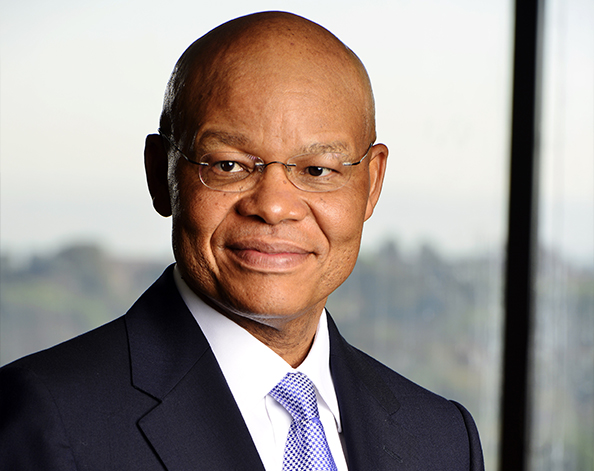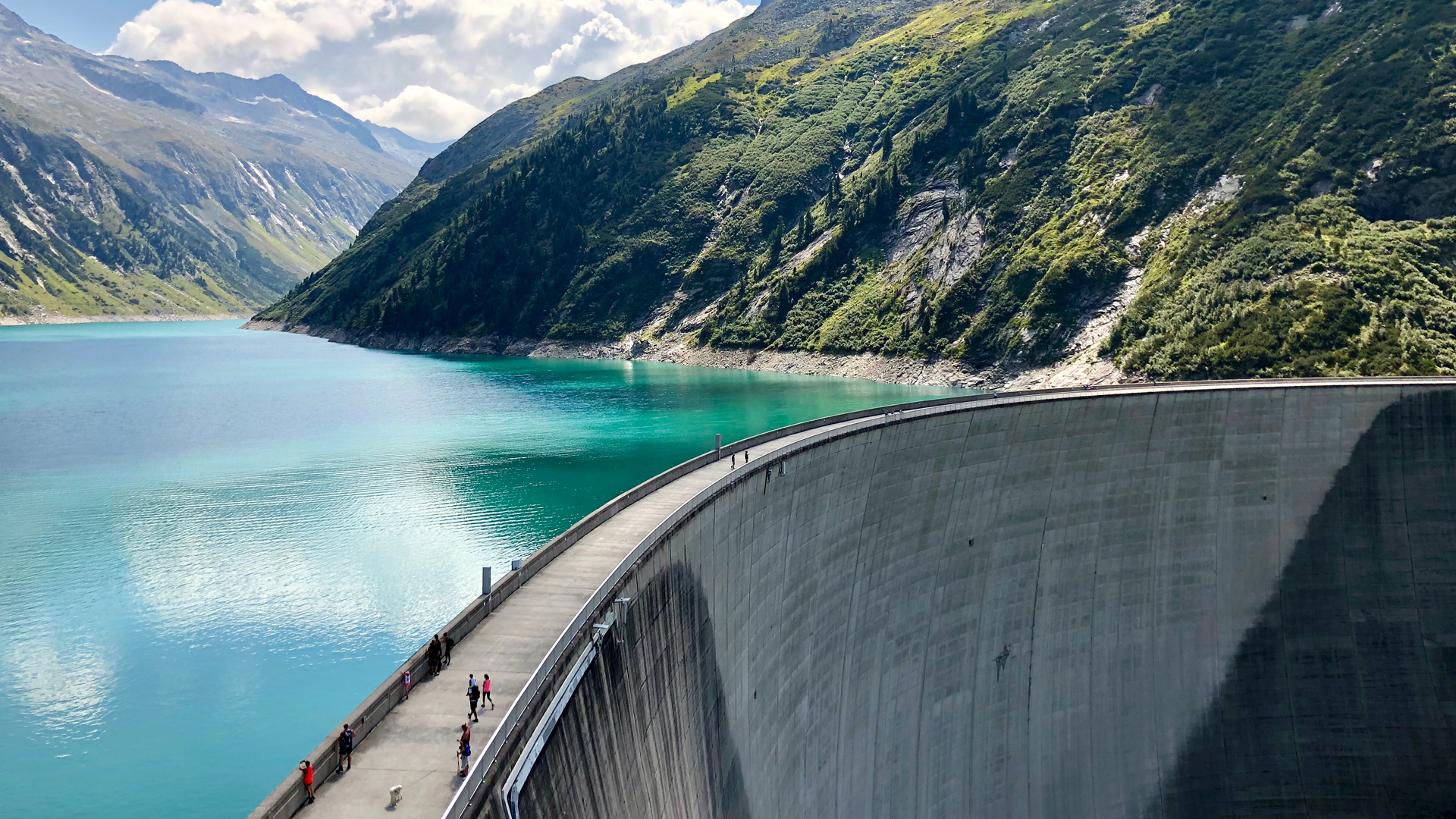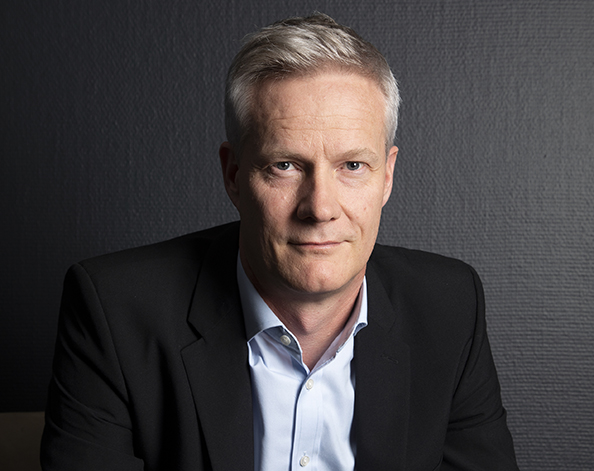Get Focus insights straight to your inbox
Covid-19 overshadowed everything, including the establishment of Infrastructure South Africa (ISA) in May 2020. The announcement deserved more attention.
Led by the respected and competent Dr Kgosientso Ramokgopa, who reports directly to the President, ISA’s creation is a watershed moment because it:
- Allows government to recruit private skills to develop its internal infrastructure capacity
- Acts as the single conduit through which all gazetted infrastructure projects are implemented
- Prepares and packages projects for investors to improve transparency and bankability
- Influences the procurement framework that governs public-private partnerships (PPP)
These are the flavour of reforms that both investors and businesses with an interest in developing infrastructure have been hankering after. They fit neatly into the broader narrative of government policy turning more business friendly.

South Africa's economic recovery depends on sustainable infrastructure investment
In this opinion piece, Investec CEO Fani Titi calls for an urgent plan for sustainable infrastructure development that will drive economic growth in the country.
A higher-water mark
We’ve seen, heard and smelled the consequences of neglected water infrastructure. It’s made it easier to imagine a future with permanent shortages of clean water. But with government showing real intent to work with the private sector on infrastructure development, we may be spared this dystopian prospect.
As a recent example, government guarantees allowed the Trans Caledonian Tunnel Authority (TCTA) to raise more than R15 billion of private investment to further the development of the Lesotho Highlands Water Project. Besides bolstering the critical water levels of the Vaal River System, a large value chain of businesses will be contracted for the project’s development, creating employment.
Corporate and commercial interest in desalination and wastewater treatment plants is also on the rise: the former to secure supply for coastal industry, the latter to recycle water instead of paying for more.
“Water is the next crisis, not only in South Africa, but on the continent. For obvious reasons there's been a lot of focus on power, so water and sanitation has been somewhat left behind. So yes, there’s definitely a need for investment,” said Franca Sandham, project finance consultant at Investec.
Read more: Clean water and sanitation – How the mining sector is doing what it can to help

Water is the next crisis, not only in South Africa, but on the continent.

When spectrum comes around
After almost 16 years of failed attempts by ICASA to auction more spectrum to SA’s telecoms operators, any hopes of an end to the impasse drop quicker than a call in a 4G dead zone. There are, however, some encouraging signs:
- Government relief packages distributed via telco networks at zero cost have created vital goodwill
- Migration from analogue to digital TV (which would free up spectrum) looks set for March 2022
- Temporary spectrum released during the pandemic sparked a 5G rollout that showcased its potential
- More frequent meetings being held between ICASA and telco operators suggests a new urgency
Should the spectrum hurdle diminish, the investment case for the rollout of telecoms infrastructure is glittering. At its core is the global, near perfect correlation between internet speed and data consumption. In other words, build it and they’ll come.
Pound for pound, the laying of fibre in peri-urban and rural areas will pack a big punch. High-speed connectivity can support small business growth and employment; allow for the widespread distribution of world-class educational materials; improve access to healthcare resources; and promote smart agriculture.
“5G will drive business digitisation and support mission critical functions. Think of the timing and distance precision needed to dock a container ship, for example. In the education space, MTN and Vodacom have launched their own free learning platforms which allows learners to download their entire syllabi. This is helping a lot of schools in rural areas. There’s lots to be excited about,” said Louise Pillay, lead telecoms equity analyst at Investec.
Read more: Covid-19 brings opportunity for a learning evolution in SA

5G will drive business digitisation and support mission critical functions.
Growing across borders
“Everyone’s heard of the IMF and the World Bank. Along with other institutions, they finance about $250 billion of global infrastructure development each year. Not everyone knows that the export credit market matches that figure,” said Chris Mitman, head of export finance at Investec.
African countries can use that mechanism to help each other develop their respective infrastructure. Take the planned construction of a railway line in Ghana. To help raise the necessary finance, the Export Credit Insurance Corporation (ECIC) of South Africa, a state-owned institution, provided the loan insurance that made it possible for Investec to extend commercial funding of €75 million to the Ghanaian government.
The best part? The loan is contingent on capital goods and services from South Africa being used to build the railway to the value of 70% of the loan. That’s more than €50 million worth of contracts that will boost our exports and create employment. Two other projects – one in transport, the other for a hospital – are being funded in a similar fashion.
“The hospital transaction will give three million people in Ghana access to world-class healthcare who would otherwise be unable to afford it. That will make a big, quick impact, which is exactly the type of project, from a SDG perspective, that we’re looking to fund. It’s a great example of the inter-Africa trade that we are trying hard to promote,” said Brian Irvine, head of Africa structured trade and debt solutions.

The hospital transaction will give three million people in Ghana access to world-class healthcare who would otherwise be unable to afford it.
PPPs on the move
Infrastructure projects fall on a continuum. On the one end are projects suited to pure government financing; on the other are those the private sector can handle on their own. For everything in-between, there’s PPPs.
Fifty-five such projects, valued at R595 billion and touted to create more than 500,000 jobs, are currently being prepared and packaged by the SA government – they need R441 billion from the private sector to make them happen.
Four of these projects have already been through ISAs hoops and given the greenlight: two water projects in Limpopo; a student accommodation build for 9,600 learners; and a social housing programme, altogether worth R21 billion. A one-stop border post project is expected to be approved any day now.
“In the past, the process of getting PPP approval from National Treasury was very drawn out. You can see they are now trying to streamline that process. External advisers, who understand best practice, are being actively consulted. It’s going to take time, but government is now working to remove the hurdles for PPPs,” said Martin Meyer, head of power and infrastructure finance at Investec.

It's going to take time, but government is now working to remove the hurdles for PPPs.
Get the flywheel turning
Speaking in his capacity as the chairman of the Banking Association of South Africa (BASA), Richard Wainwright, Investec Bank CEO, summed up what’s needed to get infrastructure, what President Ramaphosa calls the “flywheel of South Africa’s economic recovery”, moving:
“The thing about a flywheel is that once it gets turning, it gathers its own momentum. So, let’s get it turning. Not with 62 projects, or even 50, but with three or four. Because once investors can see the wheel turning; once they can see evidence of strong sponsors, alignment within government and a workable framework for realising financial returns… that’s when our R440 billion infrastructure funding backlog will begin to look like a massive private sector investment opportunity.”




